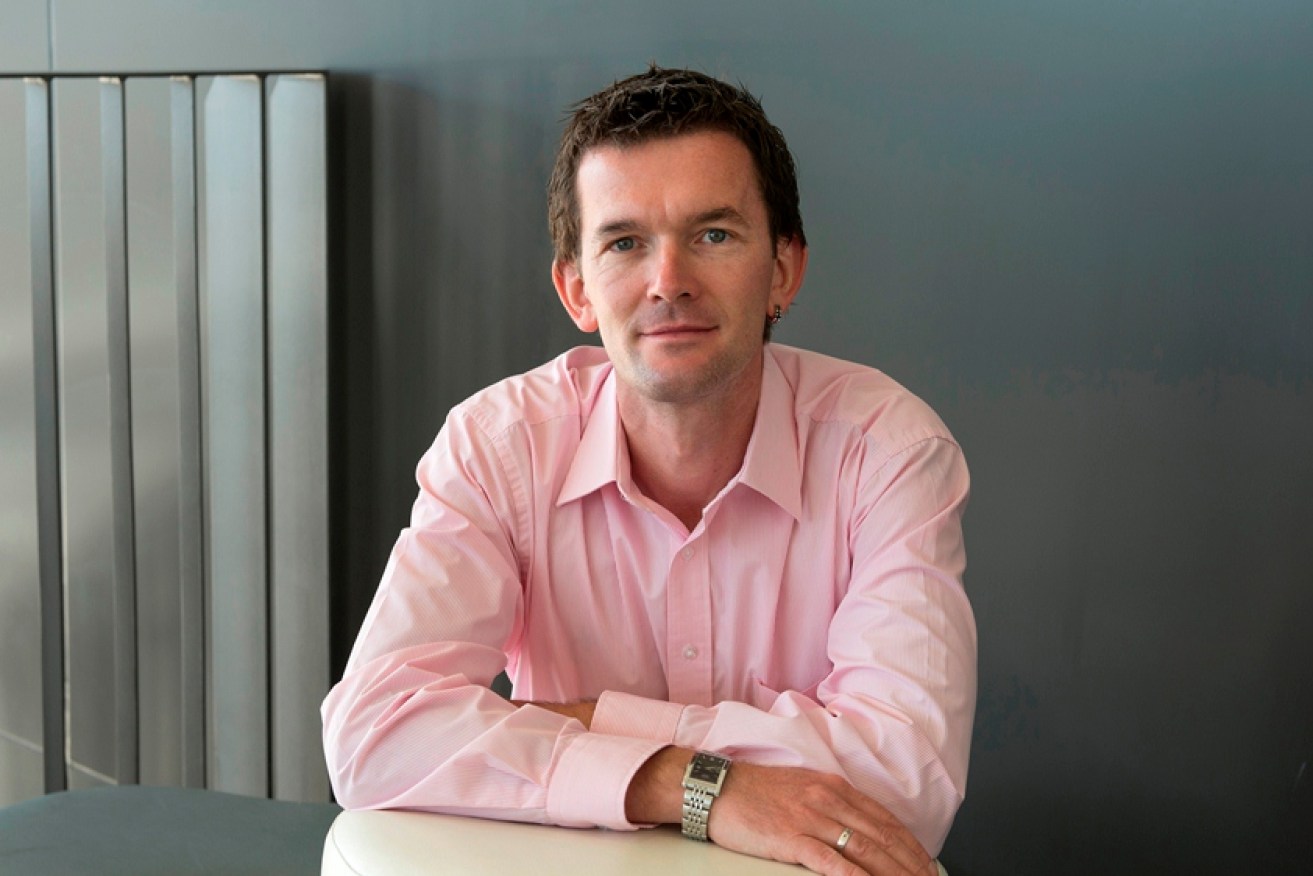
“Information overload” about healthy nutrition means patients who have serious conditions may fall back on bad eating habits, a Flinders University study has found.
A study by public health academics at Flinders analysed responses from patients in 33 Adelaide postcodes who were undertaking active or preventive treatment for cardio-vascular disease. Healthy eating is a key strategy for the self-management of chronic illness.
The study interviews revealed that many participants stopped following dietary recommendations from both healthcare professionals and external sources, including television and the Internet, because they found it difficult to know which information was accurate.
Professor Paul Ward, who co-authored the study with Dr Samantha Meyer and Professor John Coveney, said the participants had complained about being “bombarded” with information.
“People see themselves as being in a sea or a soup of information around diet and lifestyle that is sometimes conflicting – one day they are told salt is good and red wine is bad, the next week it can be the opposite,” Professor Ward said.
As a result, many respondents said that they tended to rely on “common sense” rather than dietary information they have been given.
“They revert to habit, back to the things they’ve always done, which may actually be seriously detrimental to their treatment,” Professor Ward said.
From a scientific viewpoint, providing the best, most recent information to the public is obviously a good thing, Professor Ward said.
“But for a person out there in the real world trying to make decisions, it can make life more complex and uncertain. Unfortunately, one way people respond to this chopping and changing is to turn off altogether,” he said.
“This is a problem, because when new knowledge does come up and there is a need to have an effect on people’s diet or lifestyle, they may have stopped looking and listening.”
Professor Ward said the phenomenon of patients “putting on the blinkers” in the face of too much or conflicting advice has major implications for other areas of public health.
As an example, he cited the slow response to the discrediting of a claim that had linked infant vaccinations with autism.
“While the original claims have been disproved, people who have lost trust in the system either haven’t found out or are slow to give up their initial concerns,” he said.
“The result is that several years on, we see numerous parents who are needlessly suspicious of vaccination, a situation that could have catastrophic consequences for public health.”
A qualitative study of CVD management and dietary changes: problems of ‘too much’ and ‘contradictory’ information was published in the journal BioMed Central Family Practice.
The study is part of a wider investigation of food, health and trust by the Department of Public Health at Flinders.





